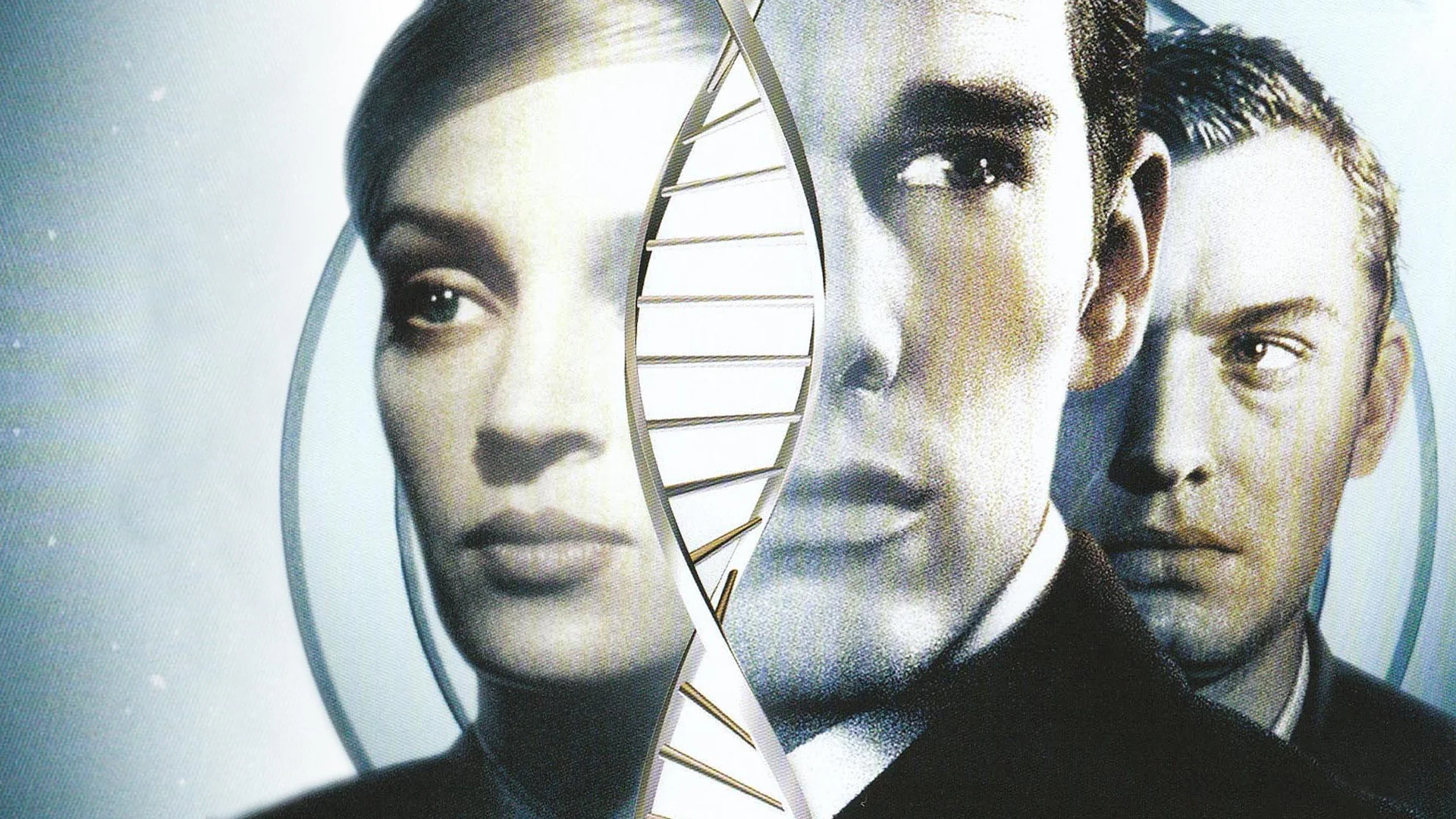Image via marsrioting.
Boldly go where no one has gone before and explore a galaxy far, far away! Join me, fellow psychologist Andrea Letamendi, and genre experts Larry "Dr. Trek" Nemecek (The Con of Wrath, Trekland: On Speaker) and Hugh Sterbakov (Robot Chicken, City Under the Moon) at WonderCon March 29th in Anaheim, California! We'll engage in an epic sci-fi battle throwing down the science behind the heroes, villains, galactic governments, and even the fandom of Star Trek and Star Wars. Join a side and cast your vote as we crown one the winner of WonderCon 2013! Refereed by Brian Ward (Shout!Factory).
3/15/2013 Update: Our panel will take place Friday March 29 from 1:30pm - 2:30pm in room 213 at the Anaheim Convention Center. Check out the official program schedule for more information.

















